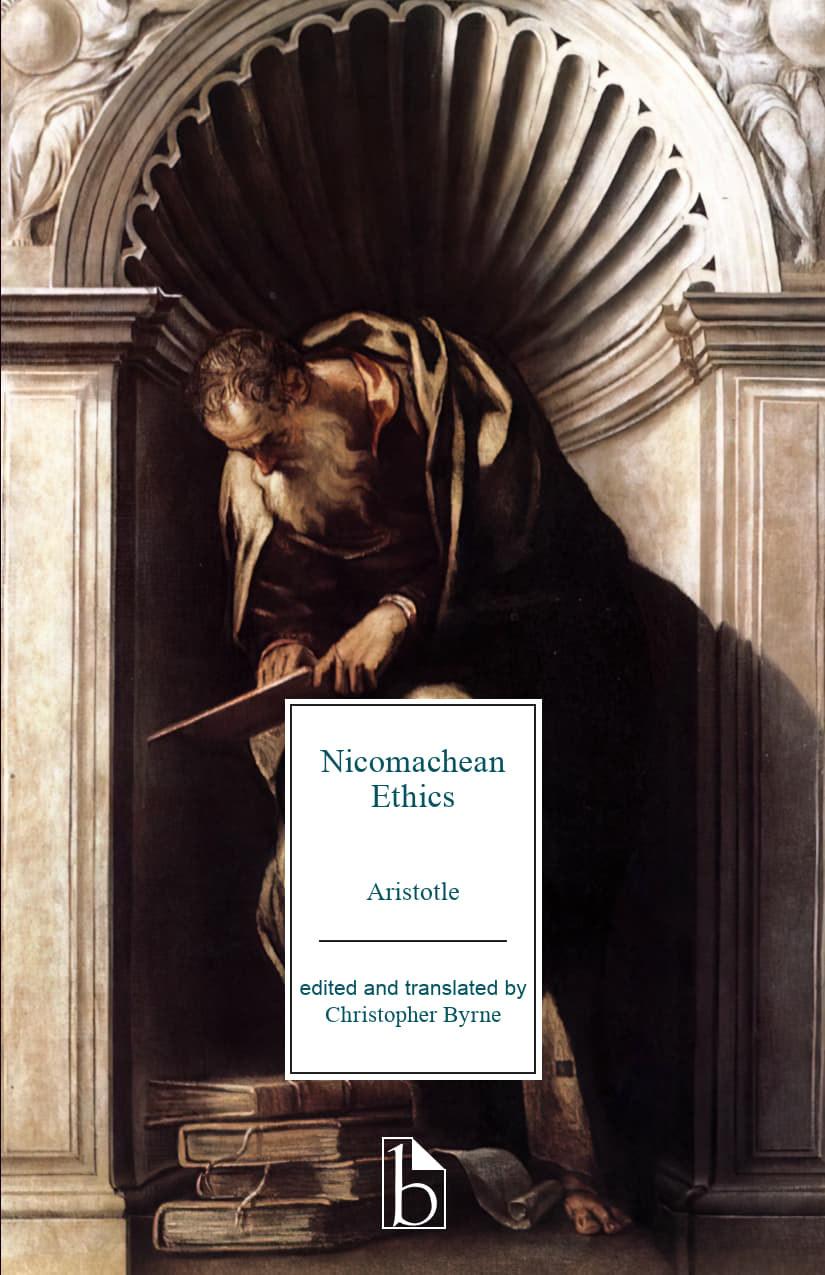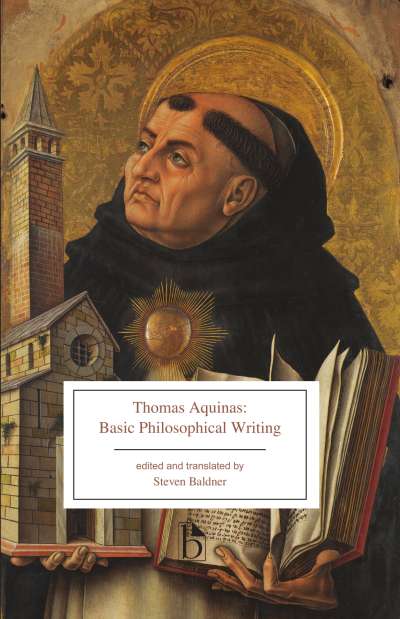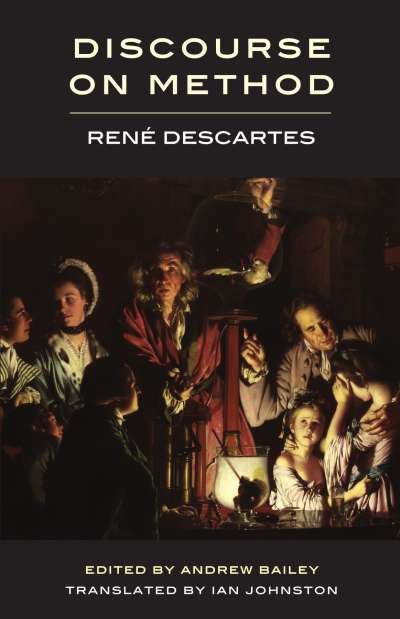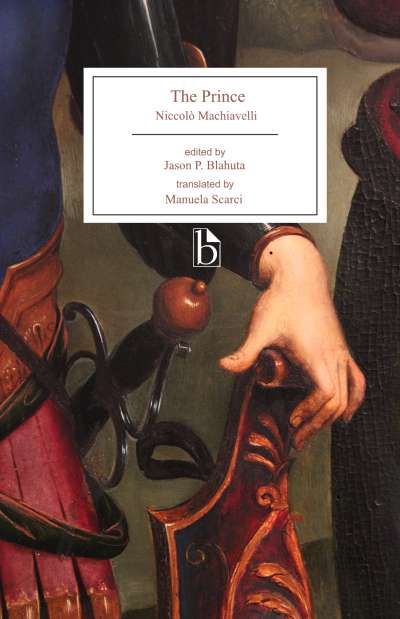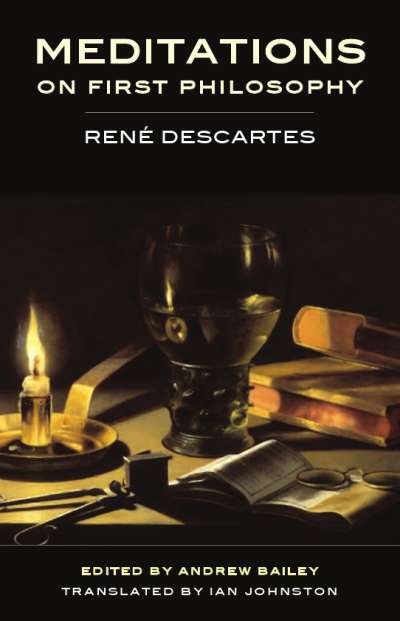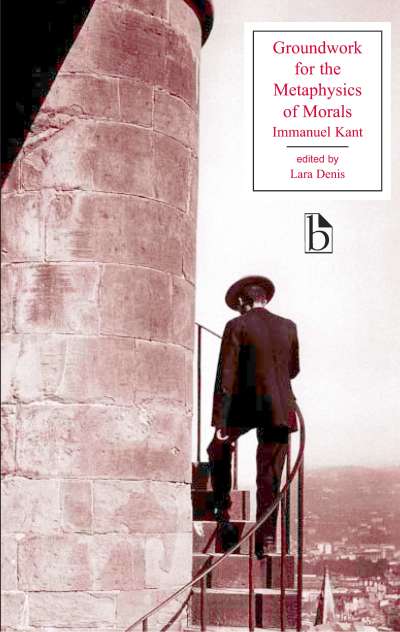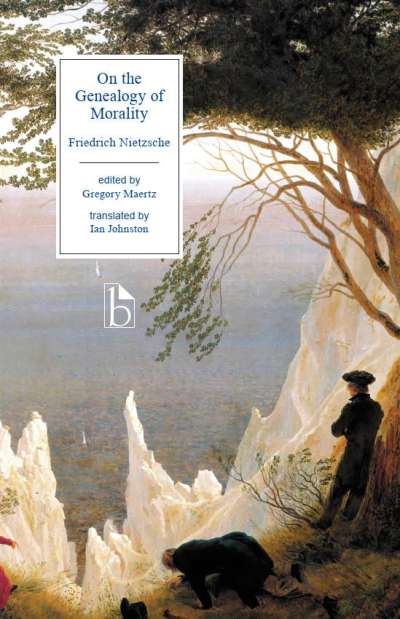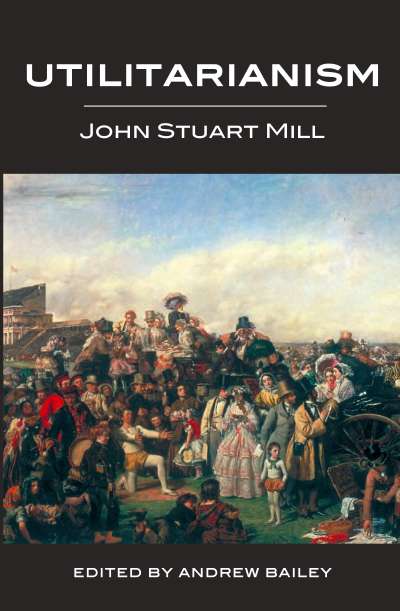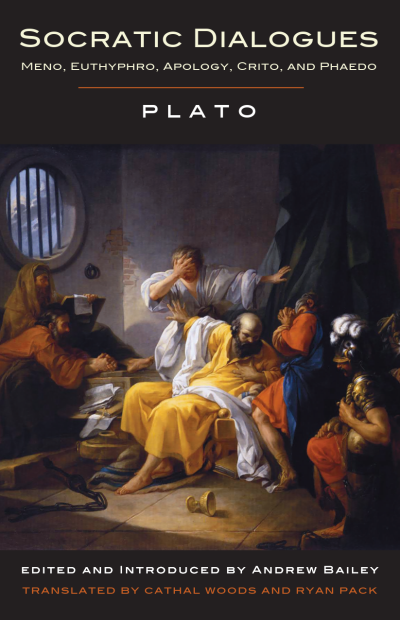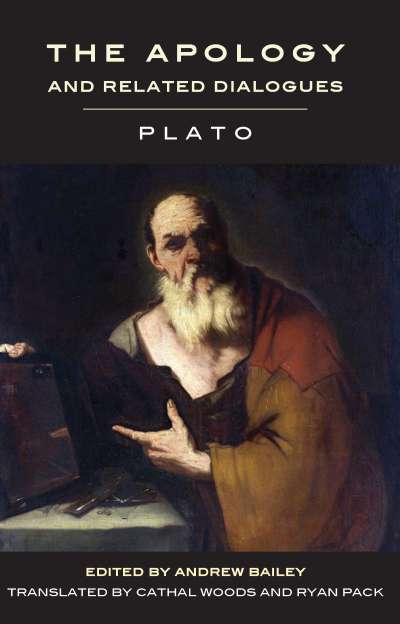Aristotle’s Nicomachean Ethics is a book of enduring relevance that aims to answer the question of how human beings should live. Much, however, has changed since the time of ancient Greece, and the meanings of words aren’t static. The goal of Christopher Byrne’s new translation is thus to make Aristotle accessible to modern readers who share in the common humanity of Aristotle’s world but don’t share his vocabulary or his culture. This goal is also served through a concise introduction, chronologies of Aristotle’s life and of his philosophical impact, and extensive clarifying footnotes. Also included in this edition are appendices outlining the book’s main argument and the many virtues under discussion, as well as illuminating passages from Plato, Thomas Aquinas, and Aristotle’s other writings.
Comments
“Christopher Byrne has given us a refreshingly new translation of the Nicomachean Ethics. It renders the ancient Greek text accurately and yet flows smoothly in contemporary English. He has provided students with a text much more accessible than other available translations.” — Paul Schollmeier, University of Las Vegas
“Byrne’s new edition offers a helpful resource for students and teachers of the text. His translation is clear and readable. I’m particularly impressed with the appendices, which bring relevant Aristotelian and Platonic passages to bear on the Ethics. Byrne also traces Aristotle’s influence throughout history by including passages from Aquinas and outlining various historical engagements with his work through the modern virtue ethics tradition.” — Anne-Marie Schultz, Baylor University
“Byrne’s translation is meticulous and careful in its scholarship, neatly capturing the spirit of Aristotle’s arguments and method while avoiding the clichés and stereotypes that have crept into other standard editions. Scholars and students alike will benefit from this thorough and highly readable edition.” — Louis Groarke, St. Francis Xavier University
“This is the perfect book for teaching the Nicomachean Ethics. The translation is disciplined and clear. The notes provide useful information while avoiding scholarly quibbles. The introduction includes a brisk but lucid account of how Aristotle sees ethics as the organized quest for happiness. The bibliography is sufficient, not suffocating. In short, the book hits the mean between bare text and ponderous commentary—exactly right for attracting and captivating a serious student.” — John Thorp, University of Western Ontario

